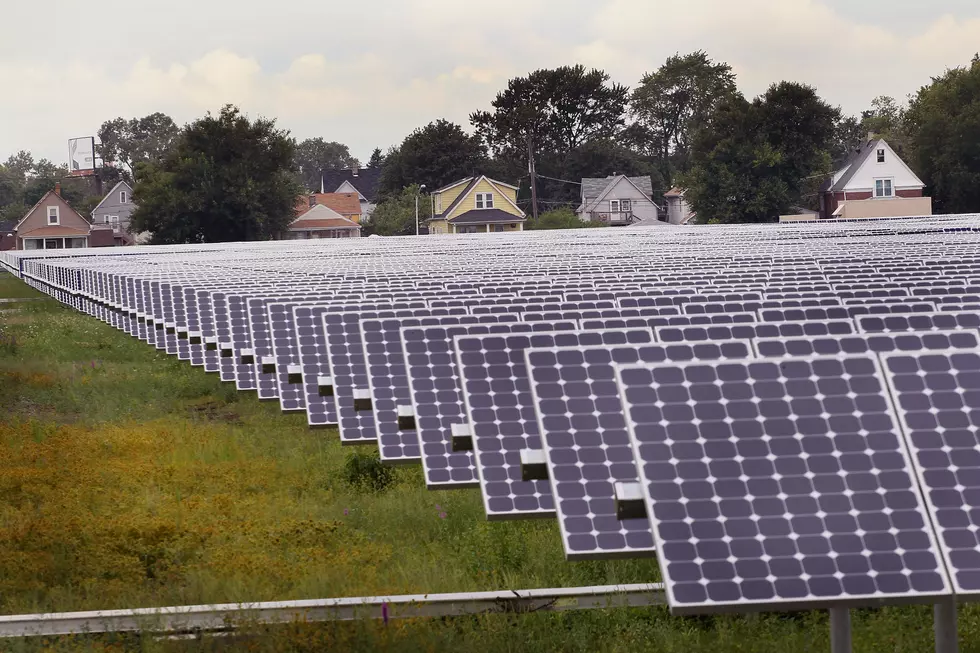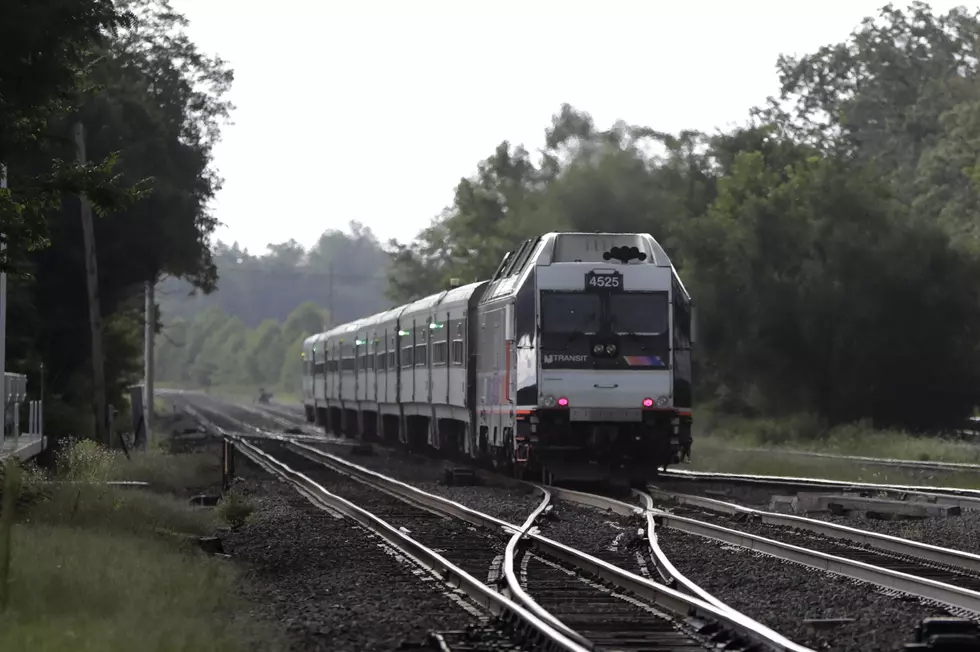
How would you spend $72M to reduce air pollution in New Jersey?
New Jersey could soon receive a $72 million share from Volkswagen’s settlement of emissions-cheating allegations, and there’s no shortage of ideas on how to use the funds to reduce air pollution.
No more than 15 percent, or close to $11 million, may be spent upgrading the infrastructure for zero-emission vehicles – things like electric-charging or hydrogen-refueling stations.
“The VW settlement really is a down payment on a larger transition we need to be making on” electric vehicles, said Doug O’Malley, director of Environment New Jersey. He said charging stations should be “universal and can maximize public access.”
“Obviously it’s a small investment and we would need to do a lot more,” O’Malley said.
At a Senate Environment Committee hearing Monday, there were divergent views on how the development of the infrastructure should be encouraged.
Scot Mackey, a lobbyist for the Alliance of Automobile Manufacturers, said it would be better for New Jersey to put electric charging stations at malls or grocery stores, not on toll roads.
“When I’m on the Turnpike and I go to a rest stop, it’s as fast in and fast out as I can get. I really don’t feel like sitting around for a half an hour to recharge my car at that location,” Mackey said.
Pamela Frank, president of ChargEVC, said people generally charge electric cars at home but that there could be exceptions when they really need a charge – and that’s most likely on major roads. She also said charging times are being reduced quickly.
“In two years, even less, that’s moving to 15 minutes. Maybe even 10 minutes. So we’re really building for that future,” Frank said. “And by the way, 10 minutes on a rest stop. You go to the bathroom, you get a cup of coffee, you’re done.”
At the hearing, New Jersey’s share of the Volkswagen settlement with the Justice Department was described as a little over $65 million. At a Statehouse event with mayors last month, Environmental Protection Commissioner Bob Martin said it had been updated to around $72 million.
Martin said the DEP and attorney general were still reviewing the legal matters associated with accepting the settlement and that a plan for spending the funds was still in development.
O’Malley said the legal settlement doesn’t permit Gov. Chris Christie’s administration to “raid the funds” for other uses, although David Pringle, director of Clean Water Action, said he’s concerned about a “bait and switch” in which the state uses the VW funds to offset existing DEP expenses.
Representatives from companies that build cars and install electric charging or hydrogen refueling stations, as well as companies like UPS looking to upgrade their delivery fleets, are lobbying lawmakers for a share of New Jersey’s settlement. Pringle said the plan should focus largely on the state’s cities.
“Basically, we want to make sure that the money gets spread around the state fairly, and it doesn’t all go to the Montclairs, Princetons and Ridgewoods of the world,” Pringle said.
Eighty-five percent of the funds would be spent on things other than a zero-emission vehicle infrastructure. Much of could go toward reducing diesel emissions at the ports of Elizabeth and Newark – such as incentives to replace older trucks that deliver and pick up containers and upgrades to hydrogen-powered forklifts.
Sen. Bob Smith, D-Middlesex, the Senate Environment Committee chairman, said there are concerns about the degree to which the Port Authority of New York and New Jersey would be involved.
“That may mean that we don’t get any autonomy with regard to the spending. You have to go through a process where you get New York to agree to it, even to the stuff that’s on the New Jersey side,” said Smith, sponsor of a bill directing how the money would be spent.
Money could also go toward things such as replacing NJ Transit buses with electric models.
“Buying electric buses especially going through areas like Hudson County and Essex County that are highly polluted and highly compact would make a lot of sense,” said Jeff Tittel, director of the New Jersey Sierra Club.
New Jersey: Decoded cuts through the cruft and gets to what matters in New Jersey news and politics. Follow on Facebook and Twitter.
Michael Symons is State House bureau chief for New Jersey 101.5 and the editor of New Jersey: Decoded. Follow @NJDecoded on Twitter and Facebook. Contact him at michael.symons@townsquaremedia.com
More From New Jersey 101.5 FM









